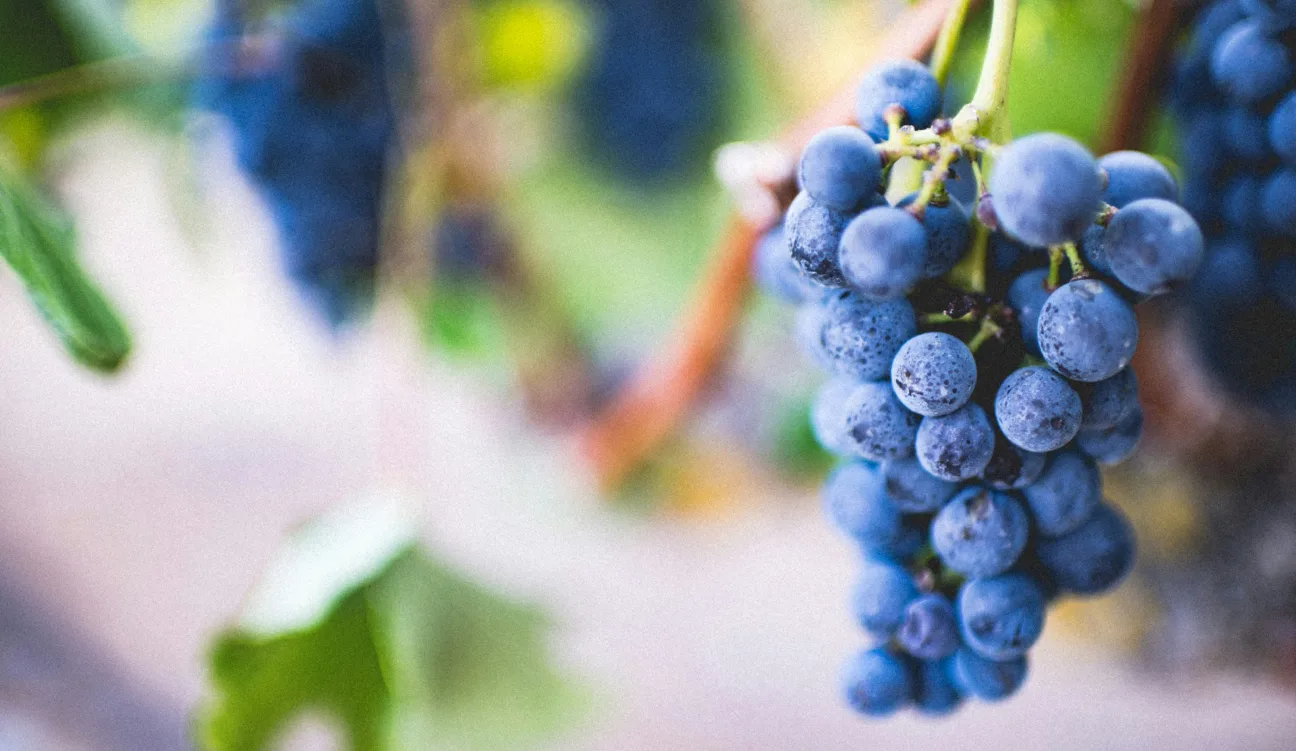
Raisins are a popular dried fruit in the food industry. They are known for their natural sweetness, long shelf life, and many uses. Raisins are used in baked items, cereals, candies, and more.
Businesses that buy raisins in large amounts should know about the different raisin varieties, what makes them unique, and where they can be used best in food making. In this article we discuss the main types of raisins that are important for businesses and how Nutrada helps buyers find high-quality raisins from reliable suppliers.
Raisins all start as grapes, but how they turn out depends on the type, drying method, and area where they are grown. Over time, different kinds of raisins have developed. Each kind is influenced by the climate, local grapes, and market needs. You can find sun-dried Thompson Seedless raisins, dark Black Raisins, and golden Sultanas. Each type has its own purpose in the food industry. Knowing these differences helps buyers choose the right raisins for things like bakery fillings, snack mixes, or other ingredients. This section looks at how these raisin types became popular and what makes each one special.
Thompson Seedless raisins are the most widely produced type of raisins, accounting for a significant share of the global raisin market. They are made from sun-dried Thompson Seedless grapes, which are naturally high in sugar and develop a rich, dark brown color after drying. These raisins have a soft texture and a mild, sweet flavor, making them ideal for baking, snack bars, breakfast cereals, and confectionery products. Globally, Thompson Seedless is believed to be the most widely planted grape variety, with at least 880,000 acres dedicated to its cultivation.
Golden raisins, sometimes also rerferred to as Sultana raisins, are made from Thompson Seedless grapes but undergo a different drying process. Instead of being sun-dried, they are oven-dried and treated with sulfur dioxide to preserve their golden-yellow color. These raisins have a lighter, fruitier taste and a softer texture compared to traditional dark raisins.
Sultanas are a type of raisin that comes from seedless white grapes, mainly from Turkey. They are treated with sulfur dioxide while drying, which helps them keep their bright yellow color and mild flavor. However, this treatment is not allowed for organic sultanas. Sultanas are popular in European and Middle Eastern dishes because they are soft and have more moisture.
Flame raisins are a bigger, red type made from Flame Seedless grapes. They are dried in the sun, which gives them a deep reddish-brown color and a strong fruity taste. These raisins are popular in special snack mixes, granola, and high-quality candy because of their unique flavor and bright color. These raisins are larger and plumper compared to Thompson Seedless.
Currants, or Zante Currants, are tiny raisins made from the Black Corinth grape. They are dark black in color and have a very sweet taste with a hint of tartness. Because they are small and flavorful, currants are commonly used in special baked goods, fruitcakes, and classic recipes.
Monukka raisins are a special type of raisin made from large, seedless Monukka grapes. They are bigger than Thompson Seedless raisins and have a chewier texture. Their flavor is richer and more complex. Monukka raisins are often found in luxury food items, artisanal baked goods, and high-quality chocolate pairings.
Nutrada matches raisin importers with reliable raisin suppliers. This helps buyers find bulk raisins by type, processing method (like sun-dried or oven-dried), and where they come from (like California or Turkey). Buyers can also filter suppliers based on certifications, packaging, and quality standards to meet their needs.